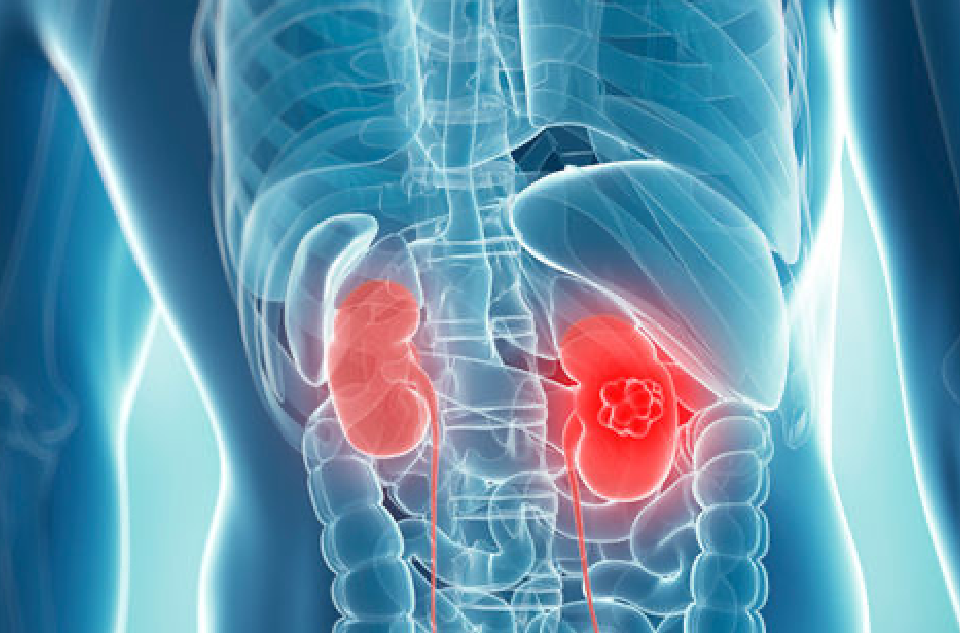Share this Page:
Nephrectomy is surgery to remove all or part of a kidney. But when someone has surgery to remove a kidney tumour that has spread to other parts of the body (metastasised), the name for the procedure is called a cytoreductive nephrectomy.
Two studies presented at the American Urological Association annual meeting (AUA 2024) in San Antonio, Texas, last week discuss the factors that may influence outcomes after cytoreductive nephrectomy for metastatic kidney cancer (renal cell carcinoma, RCC).
In one study, the researchers gave anti-cancer medication before surgery and found that there was more than 10% reduction in the cancer and improved survival following cytoreductive nephrectomy. The researchers also found that this effect was better with immunotherapy than with targeted therapy.
The average overall survival time was significantly longer for the patients who were treated with immunotherapy before surgery, compared to targeted therapy (49 vs 27 months). The patients treated with immunotherapy also had a greater reduction in the total amount of cancer (primary tumour plus metastases) compared with patients treated with targeted therapy (18% compared to 13%).
In a separate study, the researchers looked at the risk factors for progression of the cancer and death in patients with metastatic kidney cancer who had no evidence of the disease following cytoreductive nephrectomy and treatment of their metastases. The most common places for spread of the cancer (metastases) were the lymph nodes, adrenal glands, and lungs.
The average time to when the cancer started growing again was 3 and a half years. Average overall survival time was 7 years. If the cancer got worse in the first year after cytoreductive nephrectomy, this was associated with poorer overall survival. Patients with liver metastases, a primary tumour larger than 10 cm, poor general health and more than a year from diagnosis to the start of anti-cancer medication, and high C-reactive protein levels in the blood, had an increase in the chance of the cancer getting worse. The researchers concluded that patients with these risk factors should be considered for immediate anti-cancer medication after surgery.














